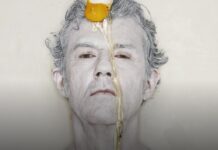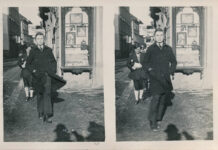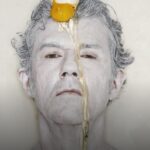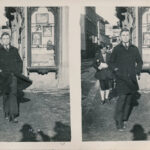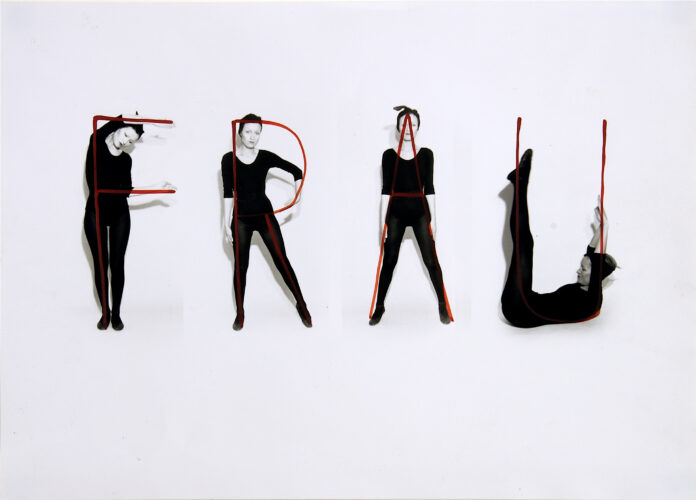
“The Private is Political.” When women artists freed themselves from form and constraint.
At the beginning of the 1970s, when men in Austria were still the head of the family by law, with the right to chastise and also the right to determine whether the wife could pursue a profession and accept employment, one could often read the slogan “The private is political” during protest marches by women demonstrating in favor of the abortion solution.
The slogan was subsequently applied to numerous other debates in which the aim was to highlight gender-specific discrimination. During this period of the so-called “Second Women’s Movement” (following the first Great Struggle for Women’s Suffrage, which was fought in most countries in the first decades of the 20th century), many women artists on various continents also began to address the oppression of women politically in their art.
Numerous female artists have begun to use their own bodies as a medium for their art.
VALIE EXPORT has disavowed the sexual exploitation of women with her “Tapp und Tastkino”.
Hannah Wilke countered sculptural realizations of the vulva to a present riddled with phallic symbolism. Suzy Lake began to deconstruct female ideals of beauty. The role of the woman as housewife and mother was distorted to recognizability by many female artists, for example by Renate Eisenberger ironing the floor of an aisle or Karin Mack immediately placing herself on the ironing board.
The voices of these artists also lent weight to the political groups of the feminist movement. The pamphlet “Why doesn’t she paint flowers?” written by Renate Bertlmann for the women’s group “Aktion Unabhängiger Frauen – AUF” (Action of Independent Women – AUF) also attracted the attention of the general media. Nevertheless, the women artists themselves had to struggle to find an appropriate place in the art world.
Art critic and curator Gabriele Schor, who also built up the Verbund Collection, subsumes the works of these artists under the term “feminist avant-garde” and has also curated the current exhibition at the Lentos Kunstmuseum.
The works on display focus on the self-empowerment and self-determination of women who have taken the definition of female identities into their own hands.
Feministische Avantgarde
24.09.2021 – 09.01.2022
Lentos Kunstmuseum
Doktor-Ernst-Koref-Promenade 1
4020 Linz
www.lentos.at




